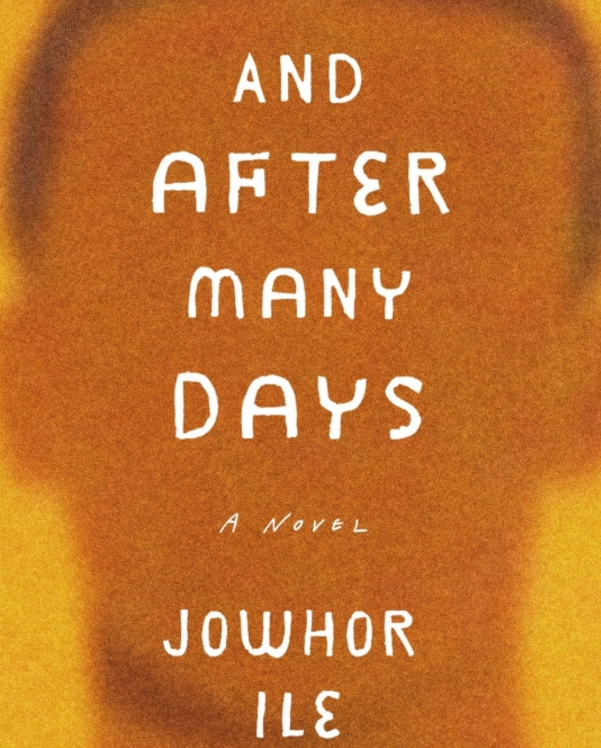Johwor Ile’s And After Many Days is one of the most highly anticipated and much talked-about African novels of 2016. The novel is finally out!
It is a suspenseful family drama that tells the story of a Port Harcourt household struggling to come to terms with the sudden disappearance of a child. The novel comes highly recommended by high profile African writers. Taiye Selasi calls it a “brilliantly executed whodunnit,” Uzodinma Iweala a “wonderful debut,” and Igoni Barrett a “smooth-singing, hard-hitting novel.”
Reviews of the novel are gradually coming in, and most of them have been largely positive. Earlier this month, the New York Times published Chigozie Obioma’s review. He seemed to have found the novel a generally rewarding read but also seemed a bit cautious with his praise.
Obioma is a debut novelist. His novel The Fishermen garnered a good bit of critical acclaim when it was published last year, even finding a place on the Booker shortlist.
He had very good things to say about the first three chapters of Ile’s novel. He praises Ile for the “assurance and authority” with which he begins the novel and highlighted Ile’s “talent for selecting the perfect details that make even a passing moment come to life.”
At some point in the story, it looks like Ile shifts gear. He slows the story down in order to give it a historical and political perspective.
Obioma isn’t too excited about this “political subplot” that pops out of nowhere.
Here is how he explains it:
In the absence of plot, however, the novel gathers a different kind of energy, and a political subplot. It shuttles between settings and years to tell the story of Nigeria’s troubled oil-rich regions, and the families who are frustrated to find their fate in the hands of powerful oil corporations and every disagreement settled by violence. “Disputes are no longer settled with raised voices in a meeting,” Ile writes. “People no longer write strongly worded petitions to voice their dissent. If you disagree with someone these days, you simply go over to the person’s house with your face unmasked and shoot him. . . . The body count is on a steep rise.”
But some harm is done with this swerve in pacing and focus. Paul’s disappearance loses its impact, so by the time the novel circles back to him, most readers will not care. And the close third-person perspective is poorly handled; too often observations and reflections feel implausibly, and even erroneously, forced on Ajie. The voice that distinguished the early sections turns passive and awkward, reappearing only intermittently until the last act, in which we discover Paul’s fate. The novel ends with Ajie turning on a light, ending a story that has scarcely just begun.
Read full review here.
It is always such a treat when a novelist reviews the work of another novelist. Obioma’s take on Ile’s novel is certainly illuminating if not entirely enthusiastic. Kudos to Obioma for being honest with his observations. And congrats to Ile for giving us something we can’t wait to read.
***********
Author image by Zina Saro-Wiwa.









Yvette April 26, 2016 03:32
Interesting. It'll be nice to know what Brittle Paper thinks about the book though. I look forward to reading a review here soon.